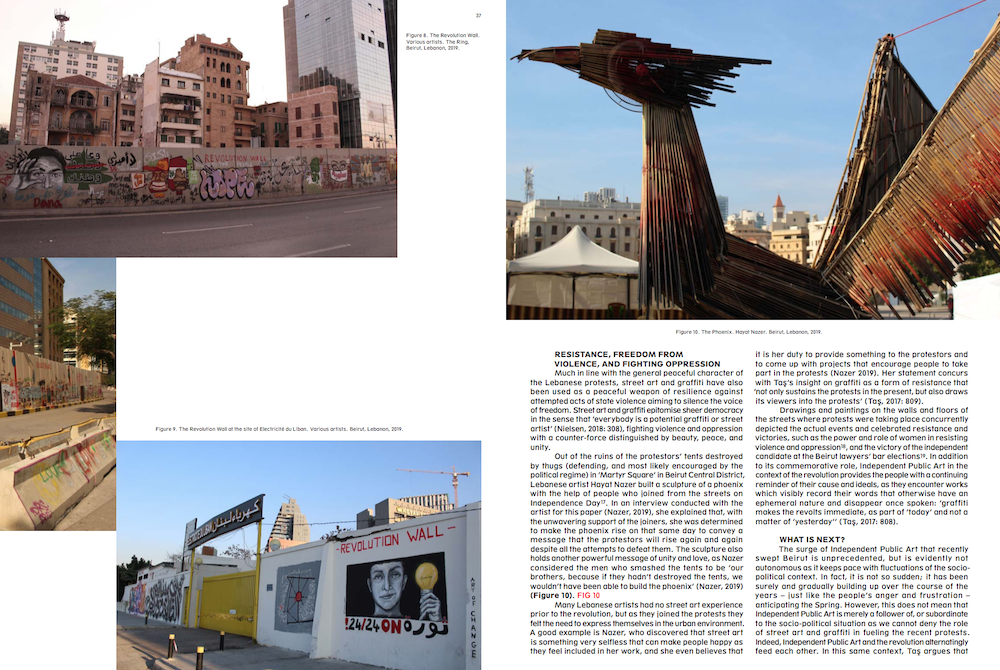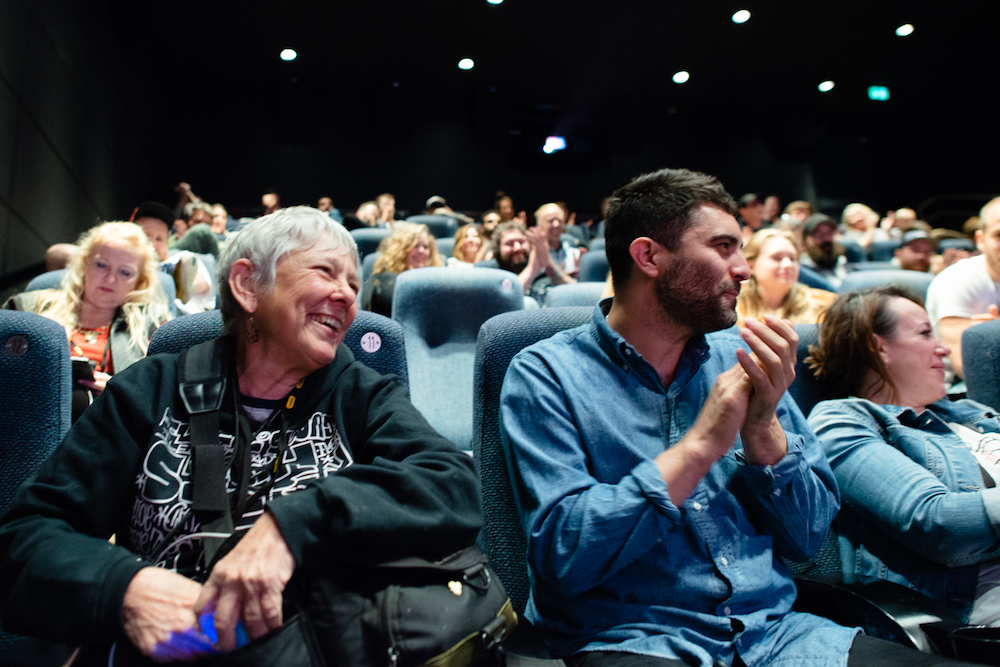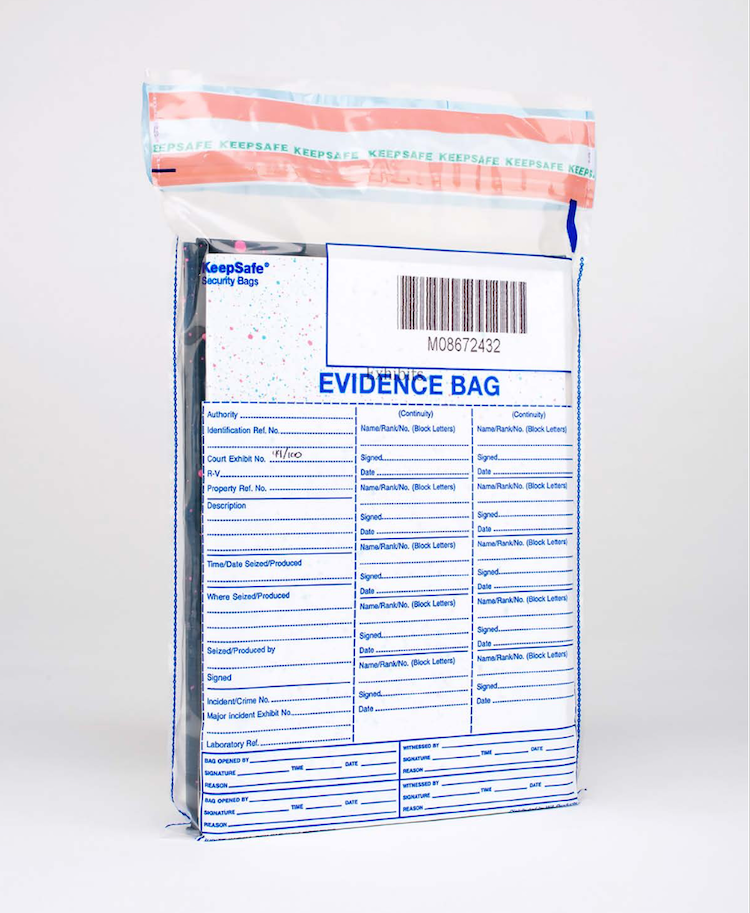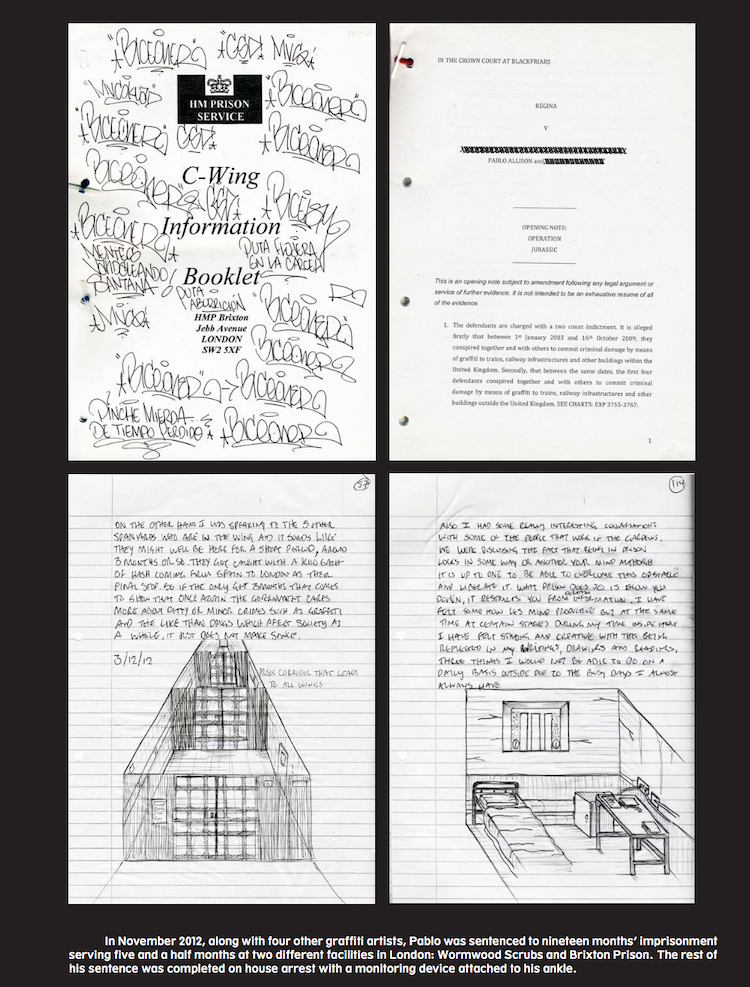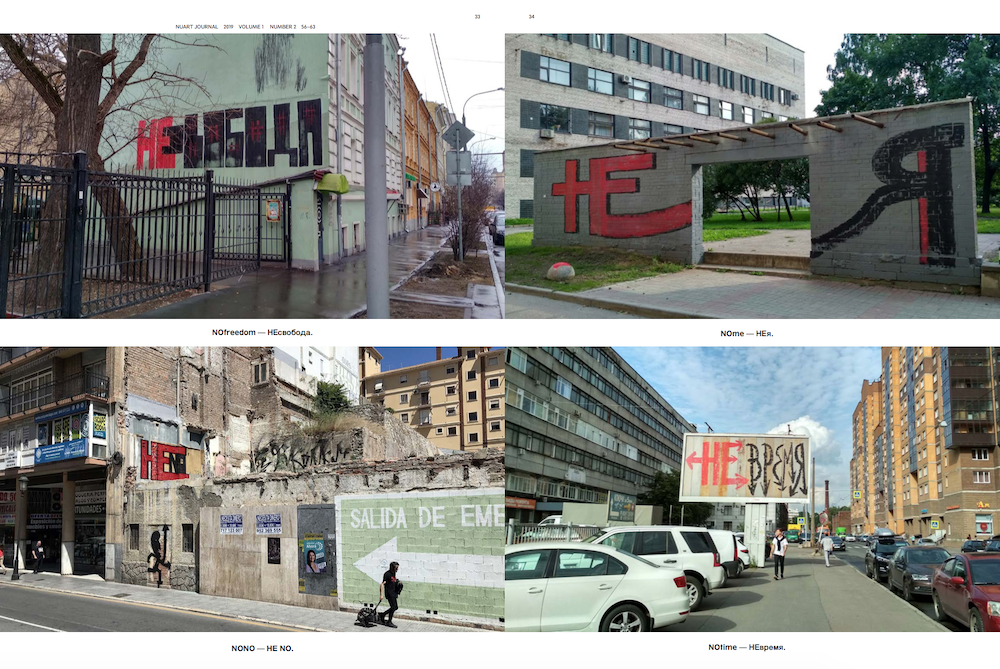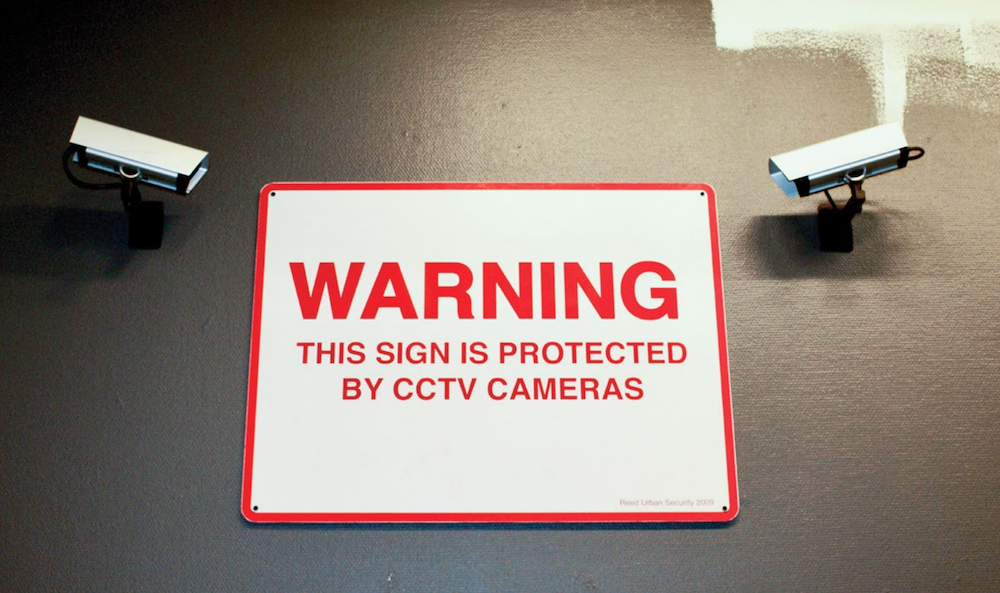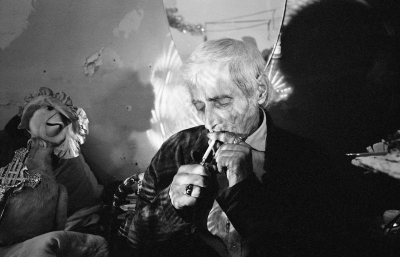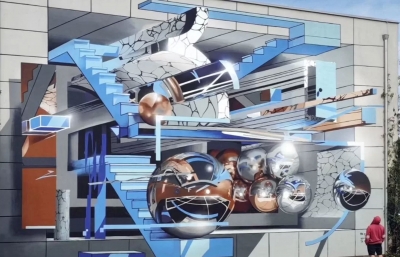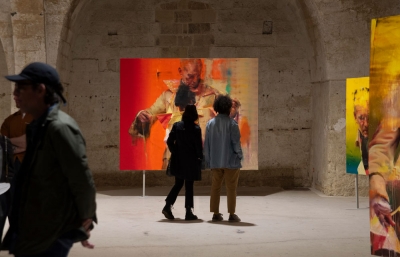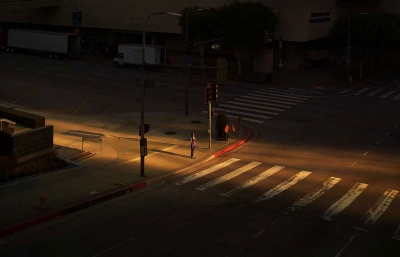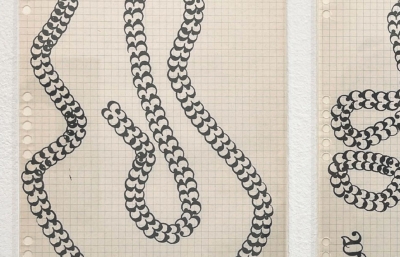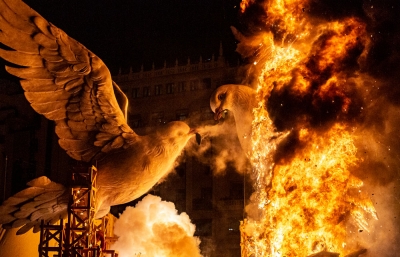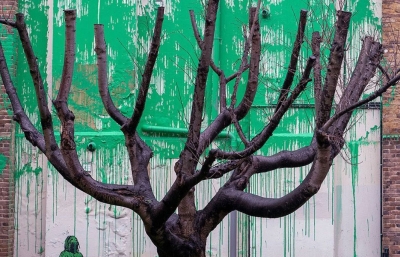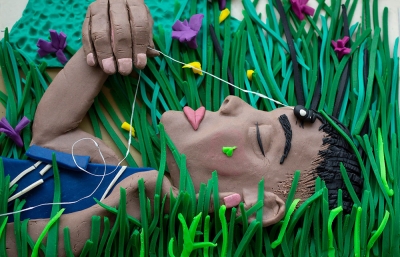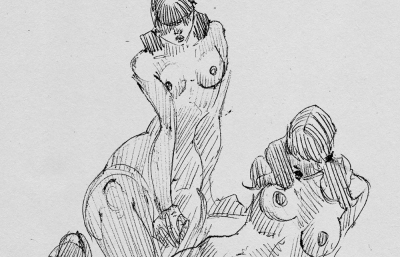As Nuart was supposed to be celebrating the launch of their Aberdeen, Scotland festival a few weeks back, they were also put the finishing touches on their newest Nuart Journal edition around the topic of "Freedom." There is a bit of irony to this topic, and this certain paradox has always been a bit at the heart of the Nuart program; discussing and debating the nuances of street and activisit art in the public space. As we are allconfined to a shelter-in-place order, from Norway to California, New York to Hong Kong, the idea of freedom has almost taken on a new meaning in relation to the idea of publlic space. This time of uncertainty is also a re-emphasis on how the meaning of freedom is not just isolated to a pandemic, and it allows for new discussions on how to better understand the concept of freedom as not available to many regardless of a massive global outbreak.
In a statement given to us by the advisorary board to the Journal, which in many ways helps shape the narratives of the two festivals each year and Nuart's participation in other academic conferences on the topics of public art, Egyptian artist Bahia Shehab (a member of Nuart Journal’s Editorial Advisory Board) contributed a video message (that you can see above) that "emphasises the critical power of the theme of Freedom. Bahia’s political street art was instrumental in the Egyptian uprising that saw widespread protests against poverty, unemployment, government corruption and the rule of president Hosni Mubarak in 2011. "As we struggle with our new reality of life in confinement, it is a good time to reflect on the theme of Freedom, and to remember those who do not have freedom," she says. "Not because of the pandemic, but because their views are different, the colour of their skin is different, their passport is different, and the people that they choose to love are different. The language that they speak, and the gods they pray to are different. I hope that this temporary lack of freedom will help us remember those who don’t have the privileges we have. Not because of a pandemic, but because of human made conditions – borders, and gates, and prisons of the mind. While confinement is now the reality for all of us, freedom of the mind is a choice we can all make."
The Nuart Journal Freedom issue reflects on the power of, and limits set, on freedom of artistic expression in public space; the role of street art as a vehicle for free speech and protest in the recent civil uprisings in Beirut and Hong Kong; and on the consequences of the radical deprivation of freedom experienced by artists and writers who are arrested, charged, and imprisoned for making work on city streets.
Nuart Journal’s new academic articles deal with a number of key legal, political, and conceptual issues currently facing critical street art practice. The lead academic article for this issue, Enrico Bonadio and Olivia Jean-Baptiste’s "5Pointz for Freedom," analyses the recent decision of the US Court of Appeal in the 5Pointz case, and the implications of this for artists. This section also includes work by Malin Fransberg, Amy Melia and Katja Glaser. This issue also includes a powerful photo essay based on a project from sister and brother photographers Roxana and Pablo Allison. It explores Pablo’s imprisonment - a consequence of Operation Jurassic, one of the largest anti-graffiti police investigations in the United Kingdom. Nuart Journal also features new work by internationally renowned artist and filmmaker Julien de Casabianca; Russian crew Осколки/Oskolki; leading academic Lachlan MacDowall; and the legendary photographer Martha Cooper with filmmaker Selina Miles in conversation with Juxtapoz Editor-in-Chief Evan Pricco.

